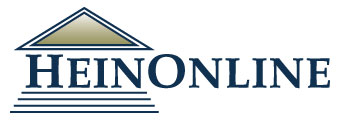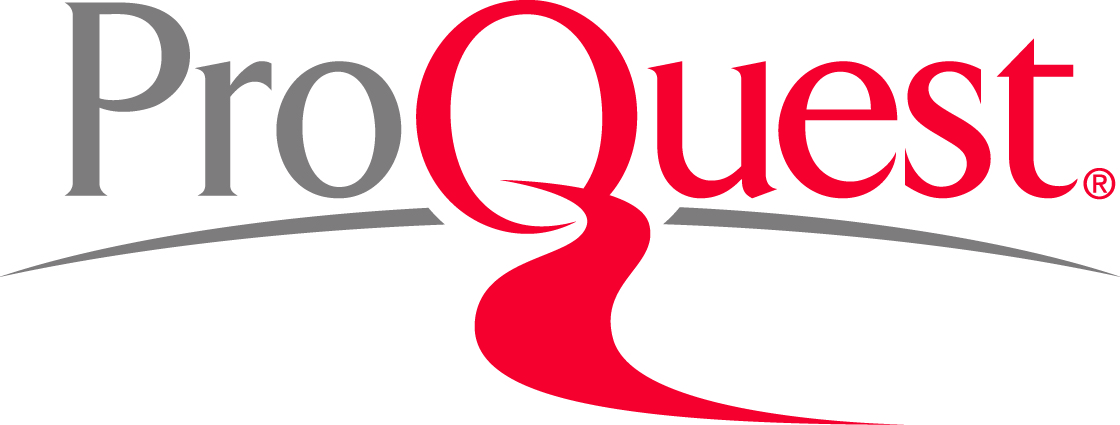Die Rolle der Genossenschaften in der Sozial- und Beschäftigungspolitik, die Tendenz der internationalen und der ungarischen genossenschaftlichen Rechtsgebung
Abstract
Since the 2nd half of the 20th Century issues in the field of social development and employment policies have received great attention in Europe and regions beyond Europe. Providing jobs, creating balance in the labour market, reducing unemployment, supporting the inclusion of disadvantaged people have been real challenges, worldwide. According to several international documents, cooperatives make essential and potential contributions to solve the problems mentioned above. Taking the related international recommendations, guidelines into account, the Hungarian cooperative legislator set up rules of special cooperative types. The present analysis strives to introduce the main features of the cooperative form and demonstrates some important data and outcomes regarding them. It examines international documents which highlight the role of cooperatives in social development and employment policy and has had a fundamental impact on the Hungarian cooperative legislation until now. In this field the analysis pays a special attention to the Statement on the Cooperative Identity issued by the International Cooperative Alliance. The study also deals with the Italian cooperative law on social cooperatives as an exceptionally valuable regulatory pattern. Moreover, the study analyses and assesses the main rules of the Hungarian cooperative law in force, especially the provisions on two special cooperative types, namely on social and worker cooperatives.








